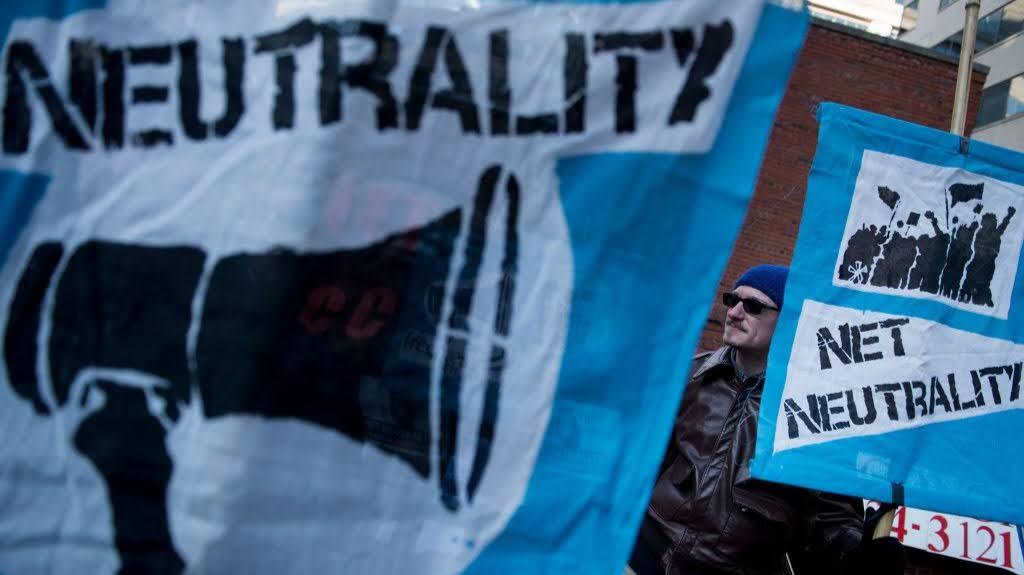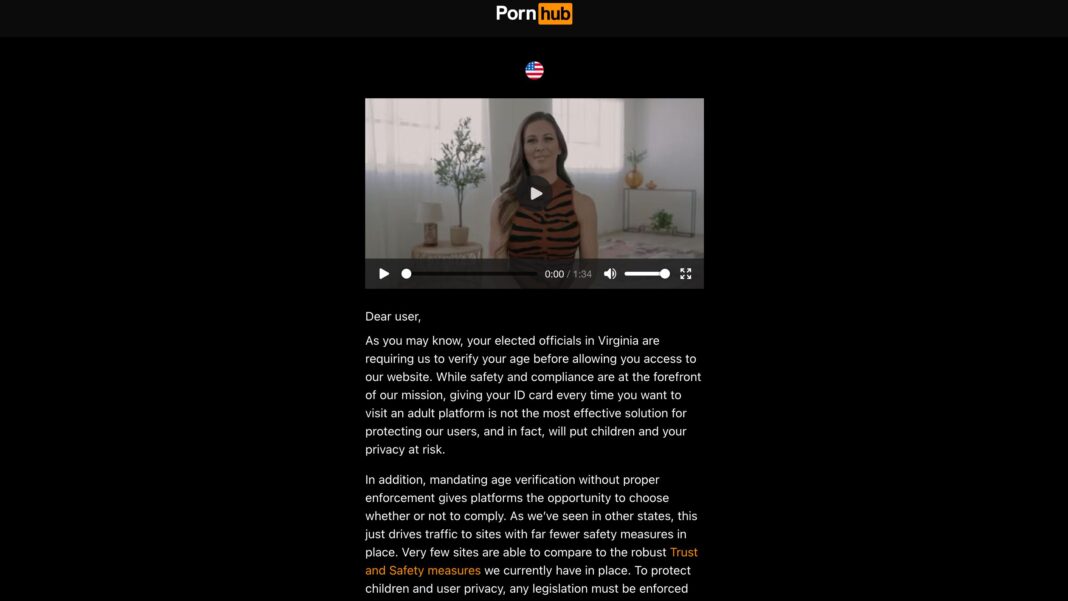The Federal Communications Commission’s net-neutrality regulations are dead, again, this time at the hands of the US Court of Appeals for the 6th Circuit.
In a ruling posted Thursday, a three-judge panel sawed out the legal framework for the rules the commission had adopted in 2024, holding that the FCC was wrong all along to classify broadband providers as “telecommunications services.”
The FCC’s regulations prohibiting broadband providers from blocking, slowing, or otherwise discriminating amongst legal sites, apps and services were already doomed, with President-elect Trump set to nominate a Republican majority on the commission and his chosen chair, current FCC Commissioner Brendan Carr, a longtime opponent of the rules.
But the 26-page ruling (PDF) by Judges Richard Allen Griffin, Raymond M. Kethledge, and John K. Bush will make a future revival of strong net-neutrality rules—which have already gone through a cycle of birth, death and rebirth from 2015 to 2017 as the FCC has flipped from Democratic to Republican to Democratic majorities—much harder.
The ruling, a sequel to a stay issued by a different 6th Circuit panel in August after a group of broadband providers sued to overturn the rules, hinges on two categories of service in the Communications Act of 1934 as amended, “information services” as defined in Title I of that statue and “telecommunications services” as defined in Title II.
Democrats criticize the FCC’s repeal of net neutrality rules under Ajit Pai. (Photo by Mark Wilson/Getty Images)
In 2015 and again this year, Democratic majorities on the FCC decided fixed and mobile broadband fell under Title II, which grants the commission regulatory authority, including the ability to set rates (although it forebeared that authority both times), and simply defines telecommunication services as “the offering of telecommunications for a fee directly to the public, or to such classes of users as to be effectively available directly to the public, regardless of the facilities used.”
The definition of “information service” is much wordier: “the offering of a capability for generating, acquiring, storing, transforming, processing, retrieving, utilizing, or making available information via telecommunications, and includes electronic publishing, but does not include any use of any such capability for the management, control, or operation of a telecommunications system or the management of a telecommunications service.”
The court’s summary of the difference: “an ‘information service’ manipulates data, while a ‘telecommunications service’ does not.”
On Thursday, the court ruled that “information services” is the only definition the FCC could apply since the Supreme Court’s Loper Bright Enterprises v. Raimondo decision in June ended a longstanding precedent that courts should defer to federal regulators when those bodies interpret flexible guidance from Congress.
That’s not because today’s ISP manipulate data—the law’s full description of “information services” evokes an online service like America Online—but because broadand providers “plainly provide a user with the ‘capability’ to, at minimum, ‘retrieve’ third-party content.”
If you were about to ask how a wireless carrier’s voice-calling services don’t also count as an information service under that reading, the judges say they don’t because they connect you to people, not machines: “During a phone call, one creates audio information by speaking, which the telephone service transmits to an interlocutor, who responds in turn.”
Anybody who has used OpenAI’s new toll-free line to access ChatGPT might question that, but there’s a long history of companies providing automated access to information; anybody remember calling TellMe 15 years ago?
Broadband users with enough gray hairs may further scratch their heads in the version of broadband-regulatory history outlined in the ruling, which leads off with the statement crediting the FCC for “regulating the Internet with a light touch” for the first 15 years or so after the 1996 revision of the Communications Act added the information-services definition.
Former FCC Chair Ajit Pai (Photo by Alex Wong/Getty Images)
That’s the version that former FCC Chair Ajit Pai regularly offered under Trump’s first term when defending the commission’s 2017 move to abandon regulating broadband providers. But Pai’s statements then and the court’s ruling Thursday don’t mention how the FCC used Title II to force telephone firms to open their facilities to third-party digital-subscriber-line broadband services—a much more aggressive use of that authority than the commission has imagined over the last decade.
The trade group US Telecom, one of the associations that had challenged the net-neutrality rules, cheered Thursday’s decision in a statement with other opponents.
Recommended by Our Editors
“Today’s ruling confirming that broadband internet access is an ‘information service’ is not only the proper reading of the statute but a victory for American consumers that will lead to more investment, innovation, and competition in the dynamic digital marketplace,” it said. “Since the birth of the internet, bipartisan Administrations and policymakers have recognized the virtues of a light-touch approach to broadband regulation.”
Public Knowledge, a digital-rights nonprofit, jeered the ruling in a statement from legal director John Bergmayer that called it a “heads I win, tails you lose” ruling that ignored every other reading by courts of the Communications Act’s language. In particular, he cited a 2005 Supreme Court ruling in National Cable & Telecommunications Ass’n v. Brand X Internet Services that let the FCC classify cable providers as information services.
“[A] court has held for the first time that the ‘plain meaning’ of the statute, all along, is that broadband is, and can only be categorized as, an information service.” Bergmayer wrote. “If this was true, it’s what the Supreme Court would have said in 2005.”
FCC Chair Jessica Rosenworcel, who had championed the revival of net-neutrality rules as a way to enforce privacy and security standards among ISPs—remember, no comprehensive federal privacy legislation exists—called on Congress to act.
“Consumers across the country have told us again and again that they want an internet that is fast, open, and fair,” she wrote. “With this decision it is clear that Congress now needs to heed their call, take up the charge for net neutrality, and put open internet principles in federal law.”
But with Republican majorities in the House and Senate and Trump moving back into the White House, the only places where you’re likely to see net neutrality laws passed anytime soon are state legislatures.
Carr, for his part, posted a much longer statement (PDF) that called the net-neutrality rules part of the Biden administration’s plan to “expand the government’s control over every feature of the Internet ecosystem”—such as pressuring “social media companies into censoring the free speech rights of everyday Americans.” Carr’s proposed solution to that problem, one he’s repeatedly called one of his top priorities: having the FCC take unprecedented action to regulate the content moderation practices at social media companies.
Get Our Best Stories!
This newsletter may contain advertising, deals, or affiliate links.
By clicking the button, you confirm you are 16+ and agree to our
Terms of Use and
Privacy Policy.
You may unsubscribe from the newsletters at any time.

About Rob Pegoraro
Contributor










